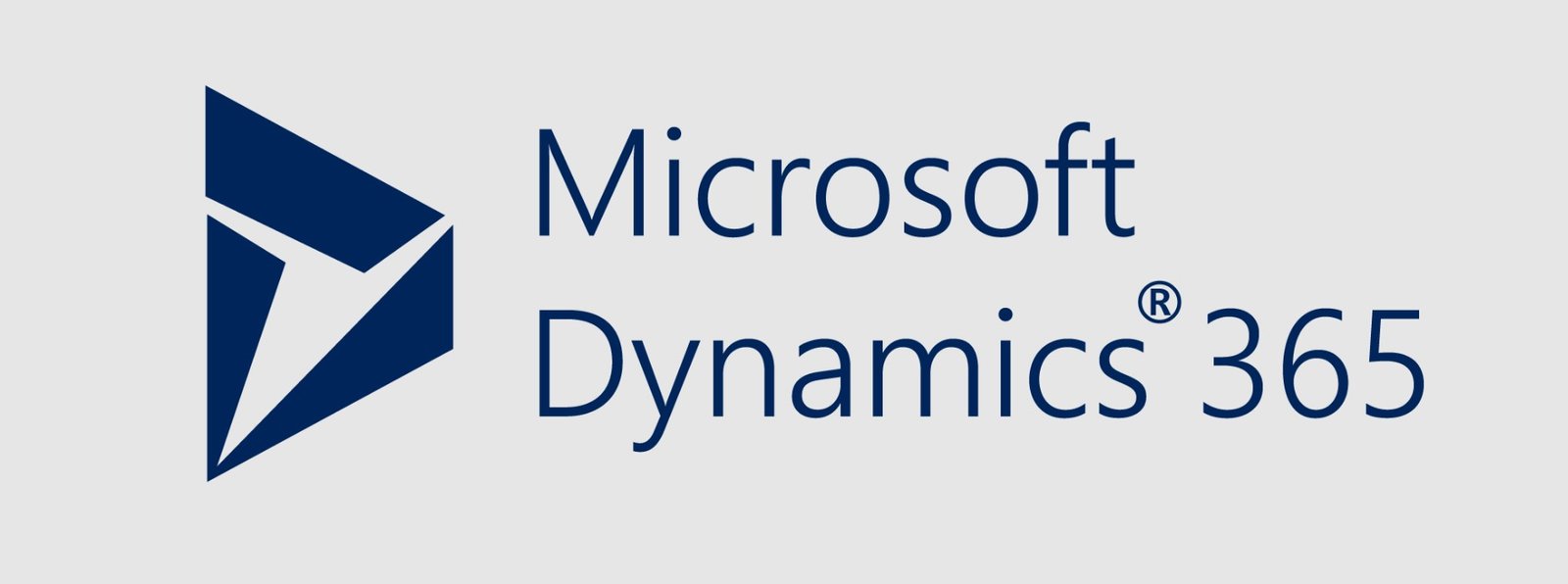Introduction
Microsoft Dynamics 365 is a comprehensive platform for managing your business. It has dozens of modules that let you automate key tasks, like sales orders, bills and purchase orders. This blog post will explore these modules in detail and learn how they can be customised to meet your specific needs. Dynamics CRM is perfect for decreasing human burden and managing your business perfectly.
The Dynamics 365 Platform has several different parts called “Modules.
The Dynamics 365 Platform has several different parts called “Modules.” A module is a set of tasks in the CRM system. Each module includes a set of tasks you can do in the CRM system and how those tasks work together. For example, creating a contract or proposal within Service and Operations Customer Service (SCO) is impossible. Those activities are handled by Sales Order Processing (SOP), which means that SCO doesn’t have any related tasks. So what’s involved in developing a new solution? First, you need to determine which modules will be involved in your solution development process—the right choice depends on what kind of business problem you’re trying to solve with Microsoft Dynamics 365.
Each module includes a set of tasks you can do in the CRM system.
You can use Dynamics 365 to:
• Track a sales lead or an opportunity and create an invoice for a customer.
• Create custom fields to store information about each sales contact and opportunity, such as their preferred payment method or delivery address.
You can’t do these things with Dynamics 365:
• Track your marketing campaigns in the CRM system.
• Transfer data from one platform to another, such as moving contacts from Salesforce into Outlook.
A module associated with a purchase order is responsible.
A module associated with a purchase order is responsible for collecting and tracking order details. Buying the right products at the right time can be complicated, especially when working with multiple vendors and distributors. With Dynamics CRM 365 for Operations, you can now easily connect your customers, suppliers and partners to automate purchasing processes across your business.
A Module related to a sales order is responsible for collecting, tracking and reporting information about revenue incurred by your organisation for the sale of commercial goods or services.
Microsoft Dynamics 365 Sales Order Management
The Sales Order module is responsible for collecting, tracking and reporting information about revenue incurred by your organisation for the sale of commercial goods or services. It’s used with the Marketing module to manage marketing campaigns that generate leads, which can then be converted into opportunities and eventually closed as sales orders. The main function of this module is to let you create quotes and invoices related to sales orders, but it also includes some other important features:
• Sales order management – This feature allows you to track orders from start to finish. You can see which contacts have made purchases at what price point; how many units were ordered; how long each order took; how much each person paid for their order; etc. Data related specifically to individual sales representatives who work with clients can also be viewed here (such as who worked on which account) so that those reps receive credit for their efforts when it comes time for team meetings or evaluations.
A Module associated with a bill.
A Module associated with a bill is responsible for collecting, tracking and reporting information about payments received from paying customers. Customers can pay bills online or by mail. Bills can be paid in full or partial, and you can accept partial payments for any items on an invoice. This module also allows you to set up electronic funds transfer (EFT) accounts so that customers may pay their invoices through direct deposit of their funds into your bank account.
You can build custom modules or use pre-built modules.
You can build custom modules or use pre-built modules developed by Microsoft in addition to the Dynamics 365 Platform. There are many advantages to both approaches. For example, if you already have existing business logic and processes, it’s easier to leverage them as building blocks for your new solution than to start from scratch. On the other hand, if you want a more lightweight solution that is purpose-built for your industry and specific use cases, starting with a pre-built module will save time and money.
There are many features in Dynamics 365
In this section, we’ll go over Microsoft Dynamics 365 modules. Remember that a module is a key component of Dynamics 365 and can be used in countless ways. You may have built one or two of these yourself; if not, you can always purchase them from Microsoft.
Modules are excellent for tracking sales, orders and payments. They’re particularly useful for accounting because they allow you to keep track of all financial transactions within your organisation (or business).
Microsoft has put thought into every aspect of its Dynamics.
Microsoft has put a lot of thought into the Dynamics 365 Platform, including modules. Using pre-built modules is a great way to go if you want to implement a solution that can be customised to fit your needs. There are many features relating to modules and how they work together with other components in your organisation’s system.
Conclusion
Microsoft has put thought into every aspect of its Dynamics 365 Platform, including modules. There are many features in Dynamics 365 that relate to modules and make it easy for you to build custom modules or use pre-built modules developed by Microsoft in addition to the Dynamics 365 Platform.
